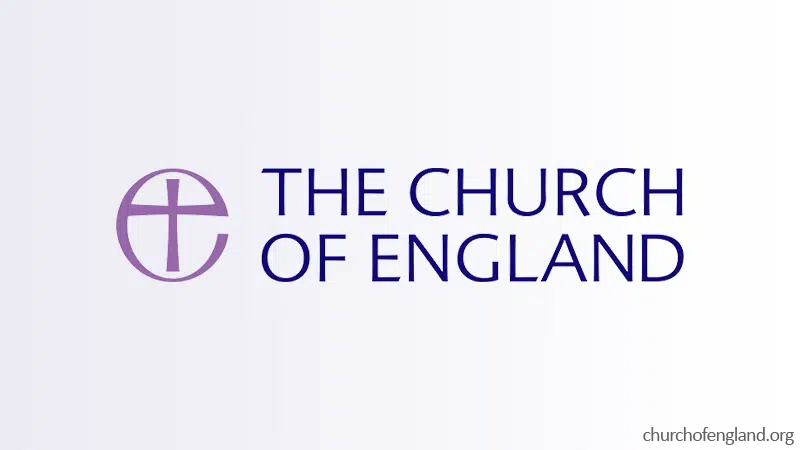Why General Synod matters to free churches

A blog by Revd Ray Brown, a co-author of the Greater Love Declaration
“The essence of Independency”, writes John Stevens, the national director of the FIEC, is “the Bible-derived conviction that each and every local church is autonomous and self-governing”. He goes on to explain that this means the local church is not subject to any external authority that exists outside the gathering of Christians that make up the local congregation. Unlike the Church of England, independent churches do not have a General Synod and so it is easy to gloat and take solace in our independency. Of course, I say this because last month the Synod of the Church of England (CofE), approved prayers of blessing for gay couples for the first time.
Apparently, its position on gay marriage has not changed and same-sex couples will still be unable to marry in church. A position one Anglican minister has described as ‘a dogs dinner’. I have been a Christian for over thirty years, and yet I find this both a confused and a confusing position to adopt. Clearly trying to please everybody has left no one particularly happy with the present state of affairs. As evidenced by the fact that since this infamous decision, a group of Anglican leaders from around the world have rejected the Archbishop of Canterbury, Justin Welby, as the leader of the global Anglican communion, adding that the CofE was “disqualified” as their historic “‘Mother’ Church”.
And yet at the same time, to many in the West, including certain progressive elements within the CofE itself, the CofE’s refusal to allow church weddings for gay couples is repressive and out of step with today’s culture. The Archbishop and the church legislative body that he presides over is in the unenviable position of trying to hold together such divergent views.
I have recently been preaching through 1 Timothy and as a result have been struck over and over again about the importance of the need for strong leadership within the local church. From beginning to end, this letter by the apostle Paul to a young minister named Timothy is concerned with church leaders who have gone off the rails (1:3-4 & 6:3-4). In seeking to help Timothy deal with the problem, Paul gives us an insight into the role of the local church leader or elder. He writes this:
The elders who direct the affairs of the church well are worthy of double honour, especially those whose work is preaching and teaching – 1 Timothy 5:17
In the context of the letter, Paul’s emphasis here is on church leaders who do a good job of managing the life of the church through the preaching and teaching of the gospel, being respected enough to be paid appropriately for the work they do. We can get side-tracked about the false distinction between ruling and teacher elders here and miss Paul’s point which is this: you direct the affairs of the church through the faithful preaching and teaching of God’s Word. Put differently, you cannot rule over God’s people by overthrowing the authority of His Word in Holy Scripture. When the beliefs and teachings of the church finds itself in conflict with the culture around it, each local church must decide for itself that “we must obey God rather than man”.
What we have in the recent decision of the CofE, is an external body imposing its decision or ruling – one that goes against the Word of God – upon local congregations. Which decision prevails? Who rules the church? The Word of God or the Synod of the CofE? According to 1 Timothy 5:17 what the church needs are leaders who rule the church by upholding the authority of Holy Scripture. The leaders of the local church derive their integrity and authority from the principles laid out in the Word of God. This is how they direct the affairs of the church well.
We who belong to independent churches should not think we are immune from the sort of thing happening in the CofE. We must not forget that the affairs of the church can only be directed well if we do so in accordance with the principles of God’s Word. The shock of 1 Timothy was that leaders had arisen from within the church itself who failed to recognise this all-important principle. If this was predicted by the Apostle Paul (Acts 20:29-30), and even began happening within his lifetime, we should not be surprised by the recent decision of the General Synod, nor should we think this could not happen to us, with or without a General Synod.
